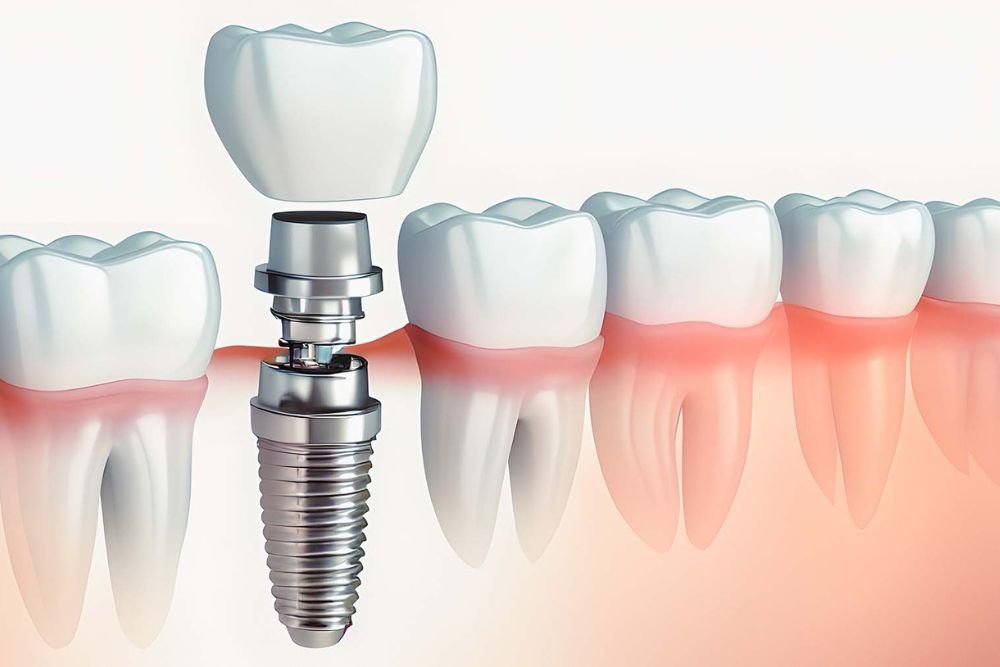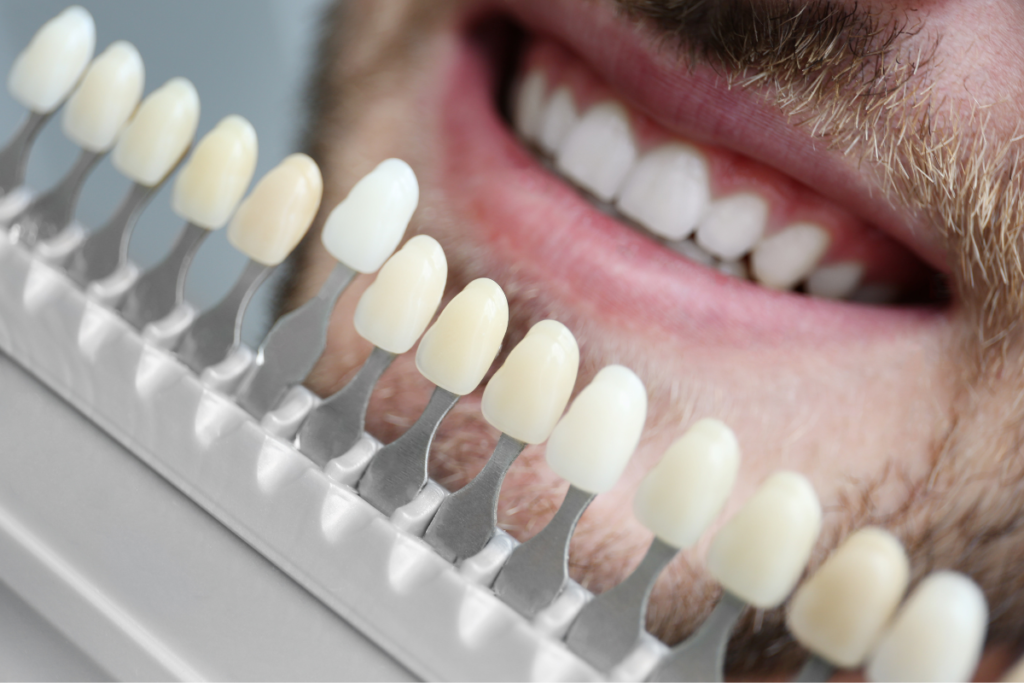Wisdom teeth, also known as third molars, are the last set of teeth to emerge, typically between the ages of 17 and 25. While some people have no issues with their wisdom teeth, many experience pain, discomfort, and other dental problems that require professional attention. Ignoring wisdom teeth issues can lead to severe complications, making it crucial to recognize when it’s time to visit your dentist. Understanding Wisdom Teeth and Their Role Wisdom teeth were once essential for our ancestors who consumed a rough diet requiring extra molars for chewing. However, due to evolutionary changes in jaw size, modern humans often don’t have enough space for wisdom teeth, leading to impaction, misalignment, and other oral health concerns. Visit South Lake Smiles for more info. Common Signs You Need Wisdom Teeth Removal If you are experiencing any of the following symptoms, it might be time to see your dentist for a wisdom teeth evaluation. 1. Persistent Pain and Discomfort One of the earliest signs of wisdom teeth problems is persistent pain in the back of your mouth. This pain may come and go, but if it intensifies or spreads to your jaw, ear, or head, it’s a clear indication that your wisdom teeth may be impacted or growing incorrectly. 2. Swelling and Redness in the Gums Swollen, red, or tender gums around your wisdom teeth can signal an infection or impaction. When wisdom teeth do not have enough space to emerge properly, they may push against neighboring teeth, causing inflammation and irritation. 3. Jaw Stiffness and Difficulty Opening Your Mouth If you feel stiffness in your jaw or have trouble opening and closing your mouth, your wisdom teeth might be placing pressure on surrounding tissues. This can affect your bite alignment and lead to long-term discomfort if left untreated. 4. Frequent Headaches or Ear Pain Wisdom teeth issues can cause headaches or ear pain due to pressure on nerves and surrounding structures. The misalignment of teeth can also contribute to tension headaches, making it important to consult a dentist if you frequently experience these symptoms. 5. Bad Breath and Unpleasant Taste Partially erupted wisdom teeth create pockets where food particles and bacteria get trapped, leading to bad breath and a persistent bad taste in your mouth. This condition, known as pericoronitis, can result in infection and require immediate dental attention. 6. Crowding or Shifting of Teeth When wisdom teeth erupt without enough space, they can push your existing teeth out of alignment, leading to crowding. This is especially concerning if you have previously undergone orthodontic treatment, as wisdom teeth can undo the results of braces or aligners. 7. Cysts or Infection Around the Tooth In some cases, wisdom teeth can develop cysts, which are fluid-filled sacs that can damage surrounding bone and teeth. If left untreated, these cysts can turn into more severe infections, requiring surgical intervention. What to Expect During a Wisdom Teeth Removal Procedure If your dentist recommends wisdom teeth removal, the procedure is usually performed under local or general anesthesia. The dentist or oral surgeon will carefully extract the impacted teeth, and you may experience mild swelling and discomfort for a few days. Following post-surgery care instructions, such as avoiding hard foods and keeping the area clean, can ensure a smooth recovery. When to See Your Dentist If you notice any of the above symptoms, it’s essential to schedule a dental consultation as soon as possible. Early detection of wisdom teeth problems can prevent complications such as infections, damage to surrounding teeth, and severe pain. Book your appointment today. Conclusion Wisdom teeth removal is a common dental procedure that can help prevent oral health issues caused by impacted or misaligned third molars. If you are experiencing persistent pain, swelling, or other discomfort in the back of your mouth, don’t ignore the signs—visit your dentist for a professional evaluation. Addressing wisdom teeth problems early can protect your overall dental health and save you from unnecessary pain in the future.










